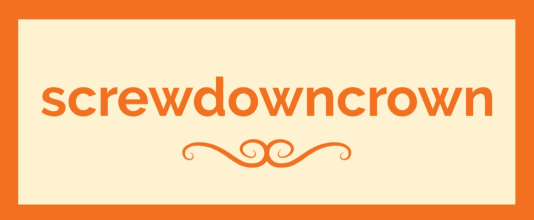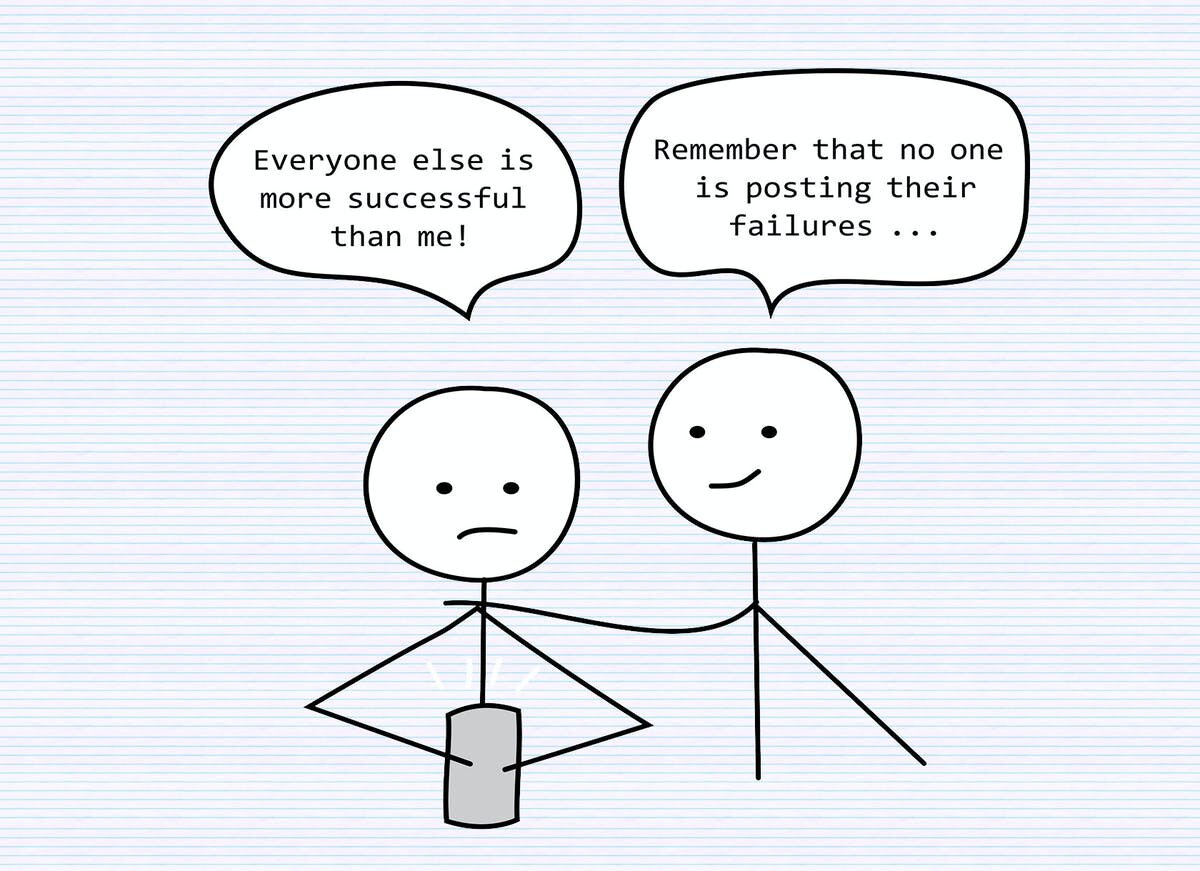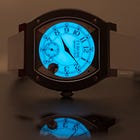SDC Weekly 15; Watch Subscriptions; Preferences; Comparison & Joy
Scorsese is back, Talk to Animals and Presidential Watches over the last 40 years
👋 Friends,
U.K’s “Second Summer” seems to be ending… the streets and sidewalks are covered in golden leaves, the temperatures are mild and enjoyable, and the clock-change hasn’t signalled the official start of sad season. A truly enjoyable time of the year!
To subscribers, new and old: Thank you! Please find the older editions of SDC Weekly here.
If you missed the recent Lange post, here it is:
A. Lange & Söhne does not care about buying pre owned watches
Yesterday, Russell Sheldrake (RPS) shared his rather interesting interview with Wilhelm Schmid (WS), chief executive of A. Lange & Söhne (ALS). Feel free to read the entire interview here, but for convenience, I will be reposting quotes from the interview as well.
Would subscription models work in the watch industry?
When a group of German hackers breached a Tesla, they weren’t out to remotely seize control of the car. They weren’t trying to access the owner’s WiFi passwords, nor did they want a way to steal credit-card numbers from a local electric-vehicle charging network.
Their target was its heated seats.
The Tesla in question was equipped with heated rear seats, but the feature is hidden behind a paywall and activated only after the driver forks over $300.
As part of the move toward electric cars, most automakers are copying Silicon Valley’s playbook and making drivers pay monthly or yearly fees to unlock new features. Sometimes those features are fairly basic, like a remote starter; in other cases they’re more advanced, like autonomous parking assistance.
Mercedes-Benz will unlock more horsepower for up to $90 a month, BMW lets its cars’ safety cameras record 40-second snapshots of video for $39 a year, and Ford’s BlueCruise hands-off driver-assist feature is now $75 a month. Many major automakers have big plans for this approach, if they don’t already offer them: Ford just made a big executive hire from Apple to grow future subscription revenue, while General Motors plans to offer more than 50 such features by 2026.
So, given the watch industry looks solely towards raising retail prices to boost revenue, can we expect this model to find its way into our little hobby? Back in April, Audemars Piguet announced they would include insurance for new watches, but they didn’t charge extra for this. Looking ahead, I think there are clear opportunities for brands to access additional revenues from watch sales.
Wax Insurance helps clients insure their high value collectibles. Wax could come up with a brand partnership structure which offers a price-based tiered subscription for all new watch buyers - e.g. Every new JLC can be insured through the brand for £30/month. Seems easy.
Another obvious one is service cost - think “Apple Care”, but for watches. Apple now also offers insurance against theft and loss, but here I am talking about repairs, accidental damage and cosmetic issues - e.g. for £30/month, you could get one free polish, a replacement crystal, or bracelet refinish per year, and perhaps mechanical service once every 5 years. My made-up pricing is probably unhelpful, but what else might lend itself to a subscription model? Straps? Potentially a membership fee for exclusive events and access to allocations?!
Welcome your thoughts!
You Must Have a Preference
I came across an interesting research paper entitled “You Must Have a Preference: The Impact of No-Preference Communication on Joint Decision Making”.
You have undoubtedly experienced this in any joint-consumption decisions in your life. This includes situations such as choosing what takeaway food to order for dinner, what venue to hold a stag party at, or what movie to watch with your significant other. Quite often, one party communicates to the other(s) that they do not have a particular preference among the options (i.e., “I’m relaxed” or “I’m fine with any option”).
The paper has three main takeaways;
Recipients of this kind of communication often assume that the person who made it does have a preference, but just isn’t disclosing it.
Recipients tend to assume that the communicator’s preferences are likely different from their own.
The above points make it harder for people to choose, and this pushes them to choose an option which is different to what they otherwise would choose - and this hurts their relationship with the communicator.
This might sound obvious, but the researchers found people tend to underestimate how much this type of poor communication hurts them. The negative impacts of this poor communication may be minor in certain situations, but they can still add up over the long term. Additionally, there may be cases where communicating indifference is actually not harmful, because it happens to be appropriate given the circumstances (e.g., whether your kid goes on the Ferris wheel or the roller coaster).
The paper does not conclude we should never communicate a lack of preference. Instead, it is worth consideration when you intend to communicate indifference, and we should only do so if appropriate. When you do decide to communicate indifference, consider how you go about it - in particular, it may be invaluably beneficial for the relationship if you take the time to reassure the other person that you genuinely don’t mind which option they pick, and explain exactly why that is true.
P.S. Trying this new thing where I pick research articles to briefly explore… I used to do this on Instagram stories, with limited success or positive reaction, so I thought this might be a better place to share - let me know in the comments section!
Comparison is the thief of joy
Is it, though? Who said this? Theodore Roosevelt? Mark Twain? C. S. Lewis? Dwight Edwards? John Powell? Ray Cummings? The quote investigator has a nice deep-dive on the topic.
Regardless of who said it, consider how the statement holds truth only until we find the correct reference group! A few years ago, I spent a lot of time seeking additional ways of buying more watches - specifically, finding more free cash to hurl nto watches. This was driven by the misguided belief that I would complete my collection when <insert silly idea here> was fulfilled.
Luckily, I found other collectors who were open and honest about how they collect, and what drives them - this helped to change my entire perspective on collecting, and opened my mind up to the impact of biases and psychology on my approach to collecting. I then had the good fortune of being able to study this subject in more detail, which was a turning point in my collecting journey.
Getting respect from other humans is a fundamental need for us, and there is no point pretending this isn’t the case. The problem which most people face, is picking the wrong reference group. Elon Musk or the Dalai Lama do not know you exist, and do not care about your achievements; Yet, this doesn’t bother you at all.
Conversely, a collector you know mentioned how your vintage Rolex dial isn’t uniformly coloured, or your new Hublot is an abomination; Suddenly you feel attacked? Why?!
I have had many people discuss this topic of envy with me over the years, and even posted about it (see end note). We all have unspoken hierarchies or categorisations of others in our social and extended circles - when we see someone get a new watch, this might trigger unwanted feelings, driven by insecurities or unmet personal ambition.
The key is to remind ourselves of the most appropriate reference point for any comparison: our younger selves. Did you ever think you would have the collection you own today, or even half of it? That’s what matters. This applies beyond watches too, of course. Never forget to be grateful for how far you’ve come - ignore the noise.
📌 Links of interest
🤩 Check out the new trailer for Martin Scorsese’s crime epic Killers of the Flower Moon, which at least one critic said contains the best performance of Leonardo DiCaprio’s career.
🐋 A TED Talk about how AI may let us talk to animals.
🔎 What Google’s trial means for the company — and your web browsing.
📝 Never underestimate the power of a to-do list.
📚 Read the greatest books of all time as newsletters in your inbox - pretty neat!
🥱 This research, which took ~10 years, suggests that the extremely early risers among us might be more common than anyone expected. Here’s a related TED-Ed video too.
End note
Last week I updated this old post; take a look if you haven’t already seen it. If you’re a free subscriber, this post will have been emailed to you on Friday last week, so check your email or spam folder!
Here’s the gist of it: Challenge your beliefs constantly and have “Strong Opinions, Weakly Held”.
Until next time!
F
Bonus link: U.S. Presidents And Timepieces, The Last 40 Years
WoE takes a look at watches worn by U.S. Presidents over the past 40 years. Made m laugh when he described the wearing of affordable watches the “Plain Folk Propaganda Technique”!
If you enjoyed this post, please do me the HUGE favor of simply clicking the LIKE button below - thank you!








Re: Preferences... this one really snapped my head around because I do it almost daily with my partner; the majority of the time because of the options offered I really DON’T have a preference but also possibly because she asks for my preference or opinion on almost everything that could possibly involve a choice and I just don’t want to get into a discussion about it or feel it needs my input. Now I’m going to be watching this more closely to see if it might negatively impact our communication and relationship or perhaps it’s by now just the embedded automatic behavior of “an old married couple” which we are most certainly not! 🤔😐.....interesting
Let's get real. In my life the 'non-preference' is ALWAYS expressed by my pertner. Well, UNTIL I make a choice (any choice, it seems) and she has the opportunity to vociferously VETO the choice made.
No help in deciding --just rejection of the first (and often second and third) choice.
Reading this made me anxious!
I have to go make tea now...)sigh(